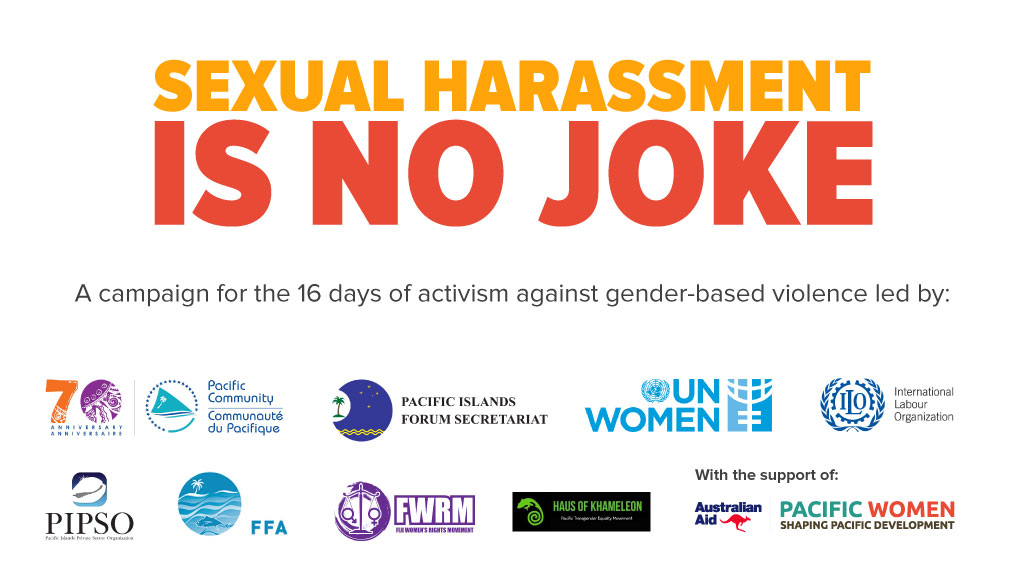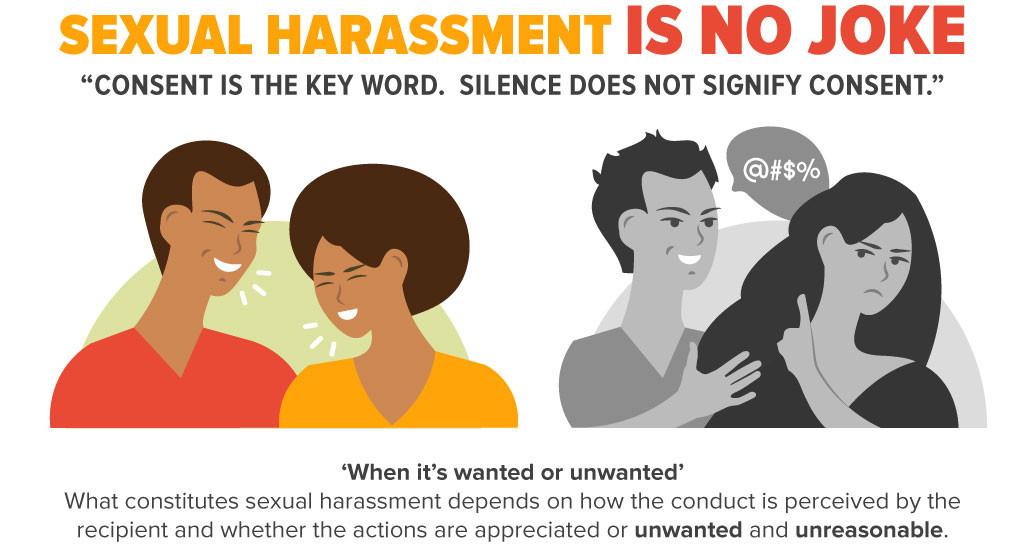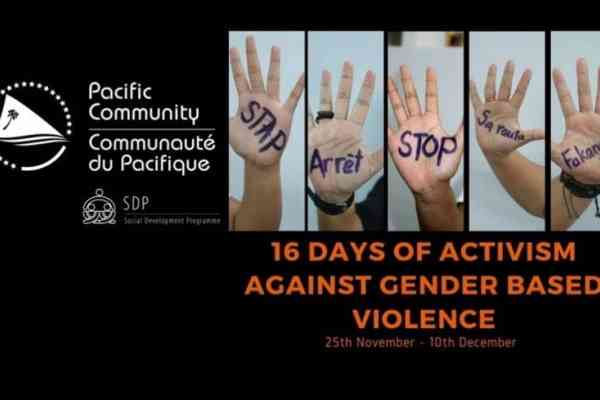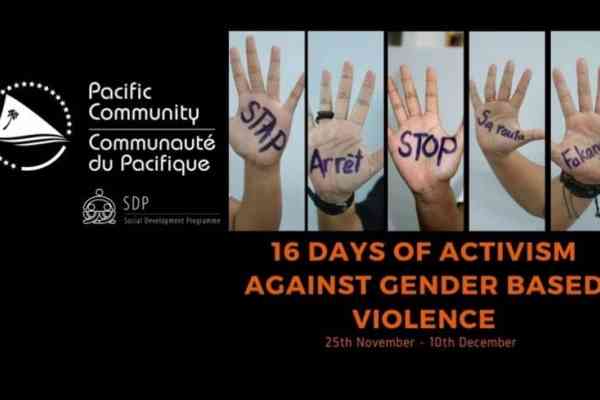16 Days of Activism against Gender-Based Violence
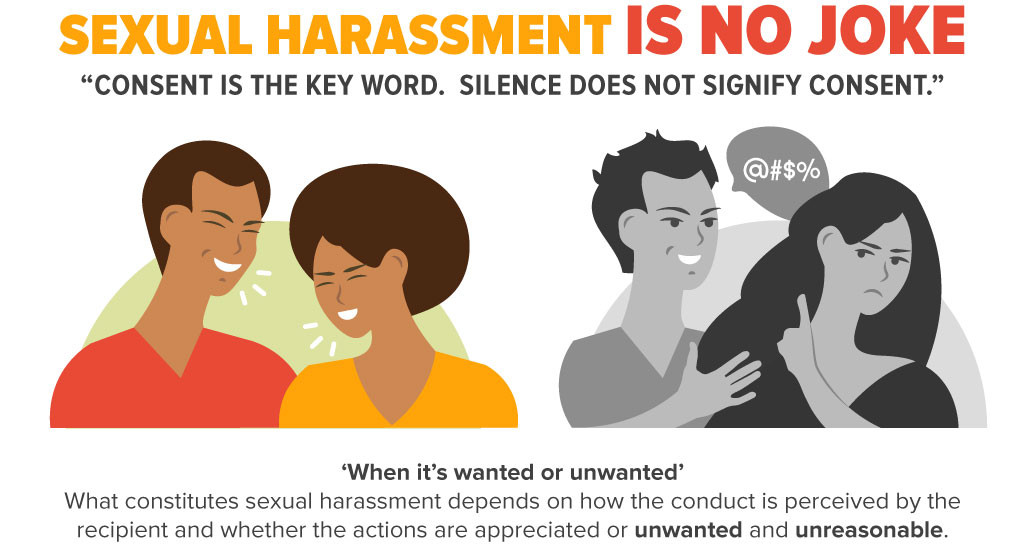
The same behaviour or comment can be welcomed by one person, i.e. the person appreciates or consents to it – but unwelcome for another person, i.e. the person does not like it, and it makes him or her feel uncomfortable, undermined, disrespected. If it’s unwelcome it’s sexual harassment.
Consent is the key word.
If the person appreciates the attention or the comments on her/his appearance, or is happy to go on a date – there is no problem.
But we need to understand that a person who has appreciated the attention or agreed to go on a date once, or even several times, may not welcome the attention any more. If the attention continues, despite it being no longer welcome, it becomes sexual harassment.
We also need to understand that verbalising disagreement is not simple. Power relations come into play, and social, cultural and economic considerations may affect a person’s ability to express his or her disagreement. Therefore, the absence of verbal disagreement does not necessarily mean that someone agrees. Silence does not signify consent.
